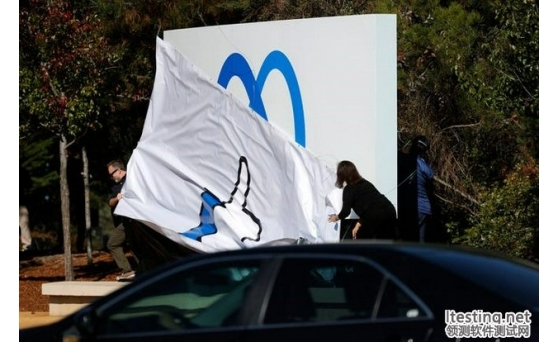Simulate a Form POST Request Using WinInet
这是MSDN中的一篇文章,说的是用WinInet来模拟表单的发送,用的是VC及SDK两种方法实现的,用文中方法便可以实现直接将表单发送到WEB服务器上了,比直接在网页上填表高明多了。原文较短且很简单,就没翻译,直接帖上来了,没弄明白MSDN中的算转帖还是算收藏,反正哪位仁兄能用上就行了HOWTO: Simulate a Form POST Request Using WinInetLast reviewed: February 10, 1998Article ID: Q165298 |
The information in this article applies to:
SUMMARYTo properly simulate a Form submission using WinInet, you need to send a header that indicates the proper Content-Type. For Forms, the proper Content-Type header is: Content-Type: application/x-www-form-urlencoded MORE INFORMATIONIn many cases, the server does not respond appropriately if a Content-Type is not specified. For example, the Active Server Pages component of IIS 3.0 actually checks this header specifically for ´application/x-www-form- urlencoded´ before adding form variables to the "Request.Form" object. This MIME/Content-Type indicates that the data of the request is a list of URL- encoded form variables. URL-encoding means that space character (ASCII 32) is encoded as ´+´, special character such ´!´ encoded in hexadecemal form as ´%21´. Here is a snippet of code that uses the MFC WinInet classes to simulate a Form POST request: CString strHeaders = _T("Content-Type: application/x-www-form-urlencoded"); // URL-encoded form variables - // name = "John Doe", userid = "hithere", other = "P&Q" CString strFormData = _T("name=John+Doe&userid=hithere&other=P%26Q"); CInternetSession session; CHttpConnection* pConnection = session.GetHttpConnection(_T("ServerNameHere")); CHttpFile* pFile = pConnection->OpenRequest(CHttpConnection::HTTP_VERB_POST, _T("FormActionHere")); BOOL result = pFile->SendRequest(strHeaders, (LPVOID)(LPCTSTR)strFormData, strFormData.GetLength()); Without MFC, the same code translates to straight SDK calls as follows: static TCHAR hdrs[] = _T("Content-Type: application/x-www-form-urlencoded"); static TCHAR frmdata[] = _T("name=John+Doe&userid=hithere&other=P%26Q"); statuc TCHAR aclearcase/" target="_blank" >ccept[] = _T("Accept: */*"); // for clarity, error-checking has been removed HINTERNET hSession = InternetOpen("MyAgent", INTERNET_OPEN_TYPE_PRECONFIG, NULL, NULL, 0); HINTERNET hConnect = InternetConnect(hSession, _T("ServerNameHere"), INTERNET_DEFAULT_HTTP_PORT, NULL, NULL, INTERNET_SERVICE_HTTP, 0, 1); HINTERNET hRequest = HttpOpenRequest(hConnect, "POST", _T("FormActionHere"), NULL, NULL, accept, 0, 1); HttpSendRequest(hRequest, hdrs, strlen(hdrs), frmdata, strlen(frmdata)); // close any valid internet-handles REFERENCESFor more information on URL-encoding and the format of a Form POST request, see section 8.2 in RFC 1866. Keywords : AXSDKWinInet MfcMisc kbprg Technology : kbMfc Version : winnt:1.0 4.2 5.0 Platform : NT WINDOWS Issue type : kbhowto |





